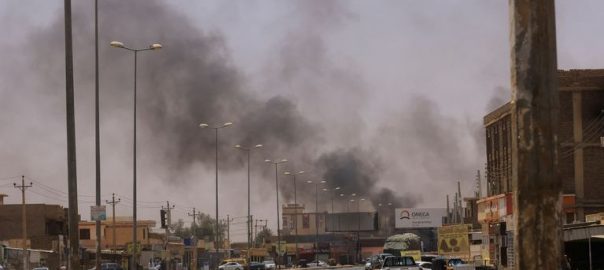April 17, 2023 /World/ — Violence erupted in Sudan on April 11, 2023, when the country’s military, known as the Transitional Military Council (TMC), dissolved the Sovereign Council, the joint civilian-military body that had been governing the country since the overthrow of Omar al-Bashir in 2019. The TMC also detained several civilian leaders, including Prime Minister Abdalla Hamdok.
The violence has been met with widespread international condemnation, and the United States, the United Kingdom, and the European Union have all imposed sanctions on the TMC. The African Union has also suspended Sudan from its activities.
The TMC has said that it dissolved the Sovereign Council and detained the civilian leaders in order to “rectify the course of the revolution” and “prevent the country from sliding into chaos.” However, many Sudanese people believe that the TMC is simply trying to consolidate its power and prevent a return to civilian rule.
The violence in Sudan is a complex issue with a long history. The country has been plagued by political instability and economic hardship for decades. The overthrow of al-Bashir in 2019 was seen by many as a chance for a new beginning, but the transition to democracy has been rocky. The TMC has been accused of human rights abuses and of failing to address the country’s economic problems.
The violence in Sudan is a reminder of the fragility of democracy and the importance of protecting human rights. It is also a reminder of the need for international cooperation to support countries that are transitioning to democracy.

